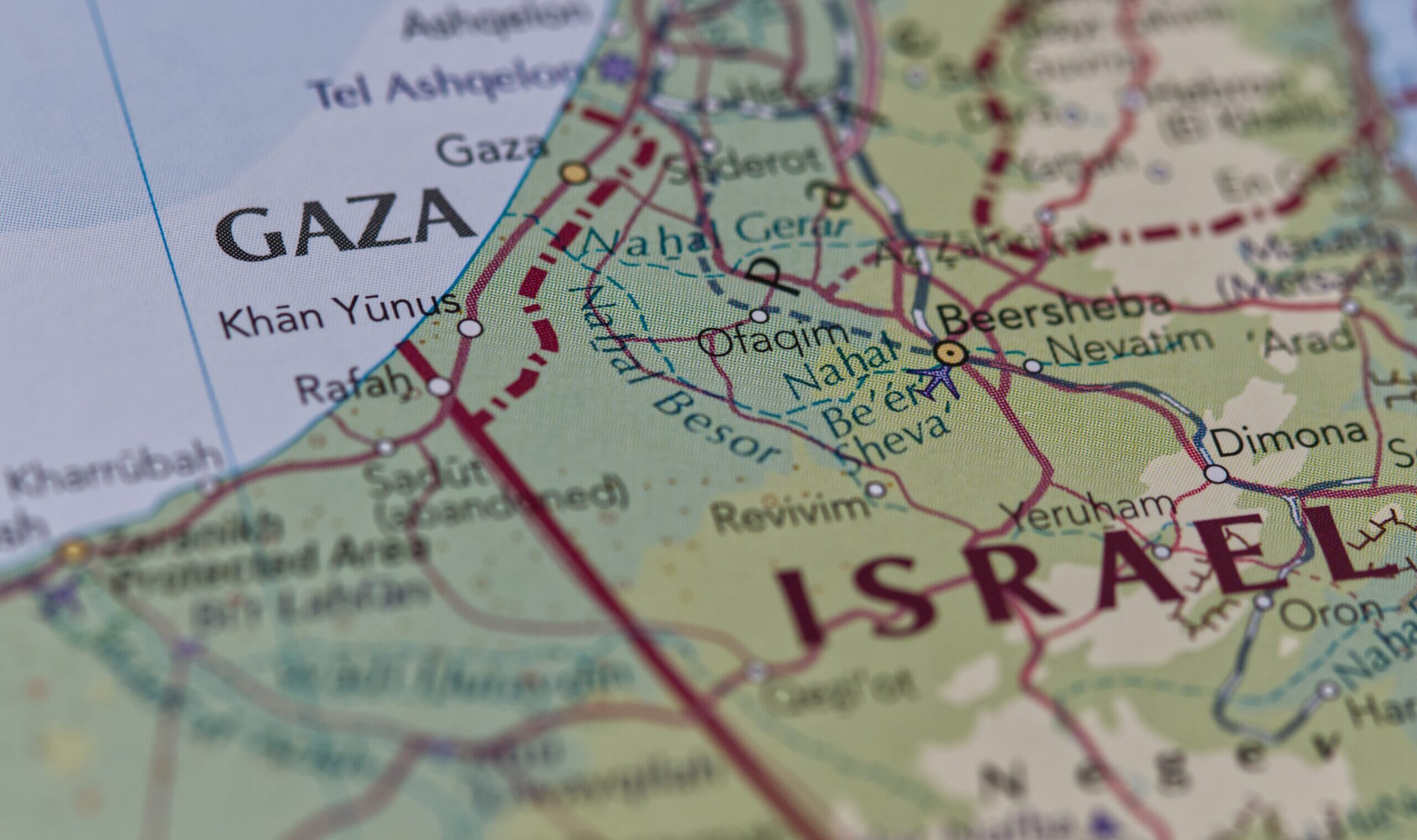Sanctions Do Not Lead to Regime Change
Simply said, sanctions must impose sufficient pain on the regime to force it to change lest it be overthrown by popular domestic protests and upheaval. ~Hossein Askari
Put another way, sanctions must have magical powers to achieve something that has never been done. The most-sanctioned states around the world also tend to be the ones with the weakest forces of opposition to the regime. If they do face opposition at home, the more heavily-sanctioned such regimes crush internal resistance with impunity. Having fewer connections to the outside world makes it easier, not harder, for the regime to use repressive tactics. What Askari fails to address here is that any sanctions regime that could cause the regime “sufficient pain” would inflict even more pain on the population. Contrary to what Askari assumes, this does not cause political upheaval, but instead reinforces political stagnation. Domestic opposition forces in Iran already have enough difficulties, and sanctions would place more burdens on them. If the middle class is often the vehicle for political change, sanctions will help delay that change by depriving them of whatever economic prosperity they might be able to have. Impoverishing the middle class with a punishing sanctions regime makes them and the entire population more dependent on the state. Sanctions are a crude instrument at the best of times when they are aimed at stopping a certain kind of regime behavior. As a means to cause the radical transformation and/or toppling of a regime, they are essentially useless.
Consider the popular uprisings and protests we have seen in the last six months. Were any of them caused by punishing sanctions regimes? Quite the opposite. The countries that have experienced these uprisings have all to one degree or another been opening their markets to the rest of the world. Egypt’s protests were fueled by economic grievances, but those grievances were sharpened because some Egyptians tied to the regime were benefiting disproportionately as economic policy was being liberalized. The greatest challenge to Gaddafi’s rule did not come at the time of his regime’s maximal isolation. It happened after he had been reconciled to the West and had begun doing business with his former enemies. When the regime and the people are both suffering deprivation, that perversely binds the population to the regime, and it blunts the appeal of political opposition. Most will see outside governments as the ones responsible for making their lives miserable, and they are hardly going to do those governments’ regime change work for them. It is when a regime begins to flourish that it begins to encounter stronger internal resistance. The parts of Libya that had traditionally opposed Gaddafi did not benefit from the new wealth that followed the end of Libya’s international isolation, and it was the injustice of that and the examples provided by the uprisings in Tunisia and Egypt that sparked major protests and finally open rebellion.
Sanctioning a country for the purpose of regime change does not encourage domestic dissent and resistance, but instead provides the regime with an ideal foreign threat and a ready-made scapegoat for all of the people’s ills. If the regime can tap into pre-existing anti-American or anti-Western sentiment, the population will be that much more willing to blame foreign governments for their current plight. It is unlikely that the people suffering from the effects of sanctions are going to conclude that the fastest way to alleviate their country’s economic woes is to replace the current government with one that is more to the liking of the governments imposing the punishing sanctions on them. Sanctions represent the clumsiest tool available for those intent on practicing coercive diplomacy. It is not just that it is very difficult to isolate a regime enough to make sanctions “work,” but that even then sanctions don’t “work” as intended.
